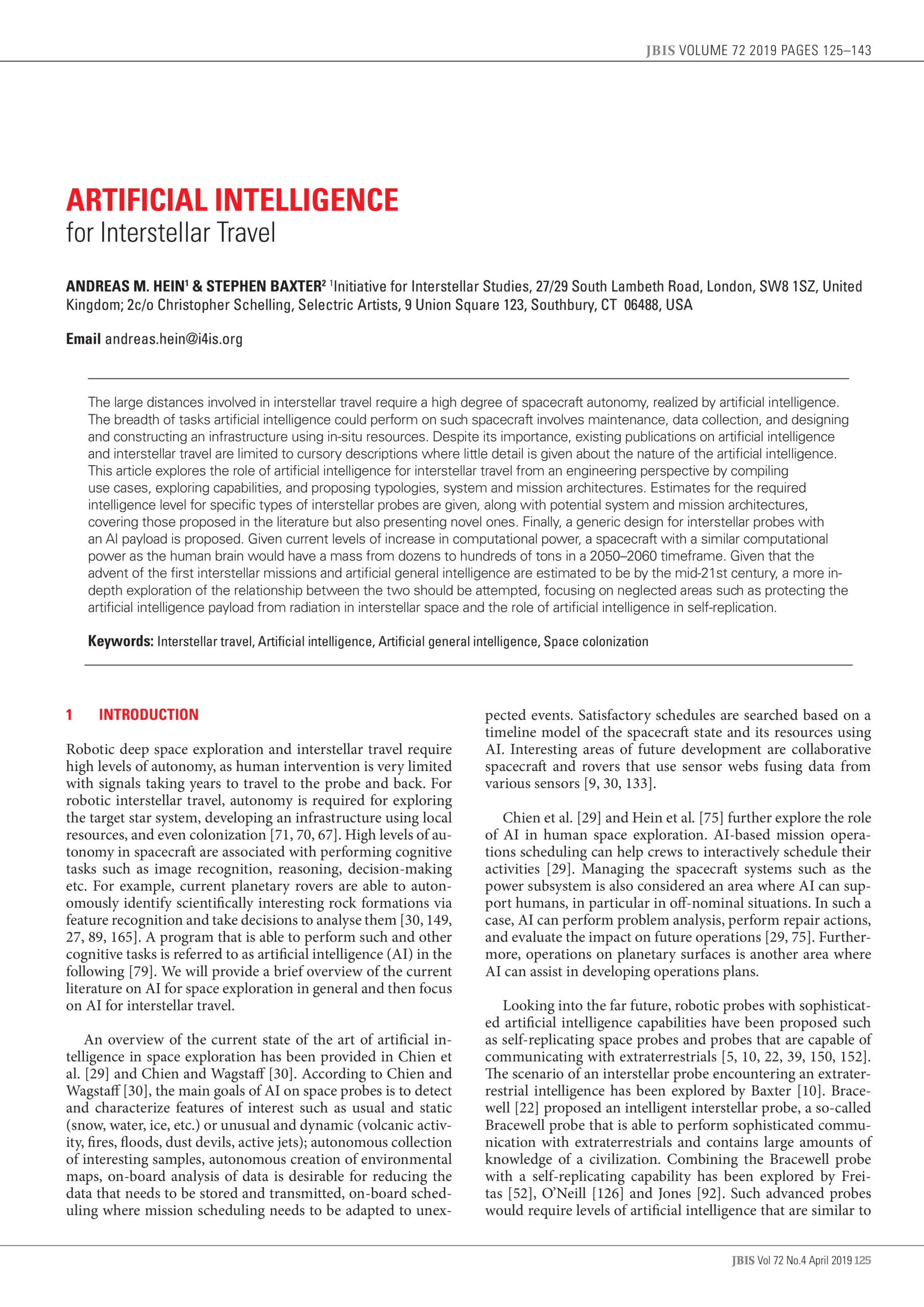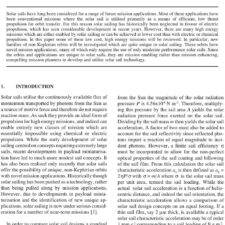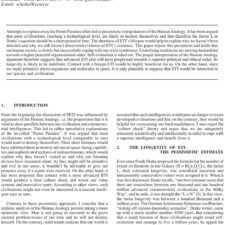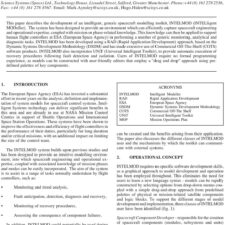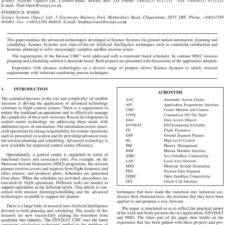Artificial Intelligence for Interstellar Travel
£5.00
A. M. Hein et al. (2019), JBIS, 72, pp.125-143
Refcode: 2019.72.125
Abstract:
The large distances involved in interstellar travel require a high degree of spacecraft autonomy, realized by artificial intelligence. The breadth of tasks artificial intelligence could perform on such spacecraft involves maintenance, data collection, and designing and constructing an infrastructure using in-situ resources. Despite its importance, existing publications on artificial intelligence and interstellar travel are limited to cursory descriptions where little detail is given about the nature of the artificial intelligence. This article explores the role of artificial intelligence for interstellar travel from an engineering perspective by compiling use cases, exploring capabilities, and proposing typologies, system and mission architectures. Estimates for the required intelligence level for specific types of interstellar probes are given, along with potential system and mission architectures, covering those proposed in the literature but also presenting novel ones. Finally, a generic design for interstellar probes with an AI payload is proposed. Given current levels of increase in computational power, a spacecraft with a similar computational power as the human brain would have a mass from dozens to hundreds of tons in a 2050–2060 timeframe. Given that the advent of the first interstellar missions and artificial general intelligence are estimated to be by the mid-21st century, a more in- depth exploration of the relationship between the two should be attempted, focusing on neglected areas such as protecting the artificial intelligence payload from radiation in interstellar space and the role of artificial intelligence in self-replication.

